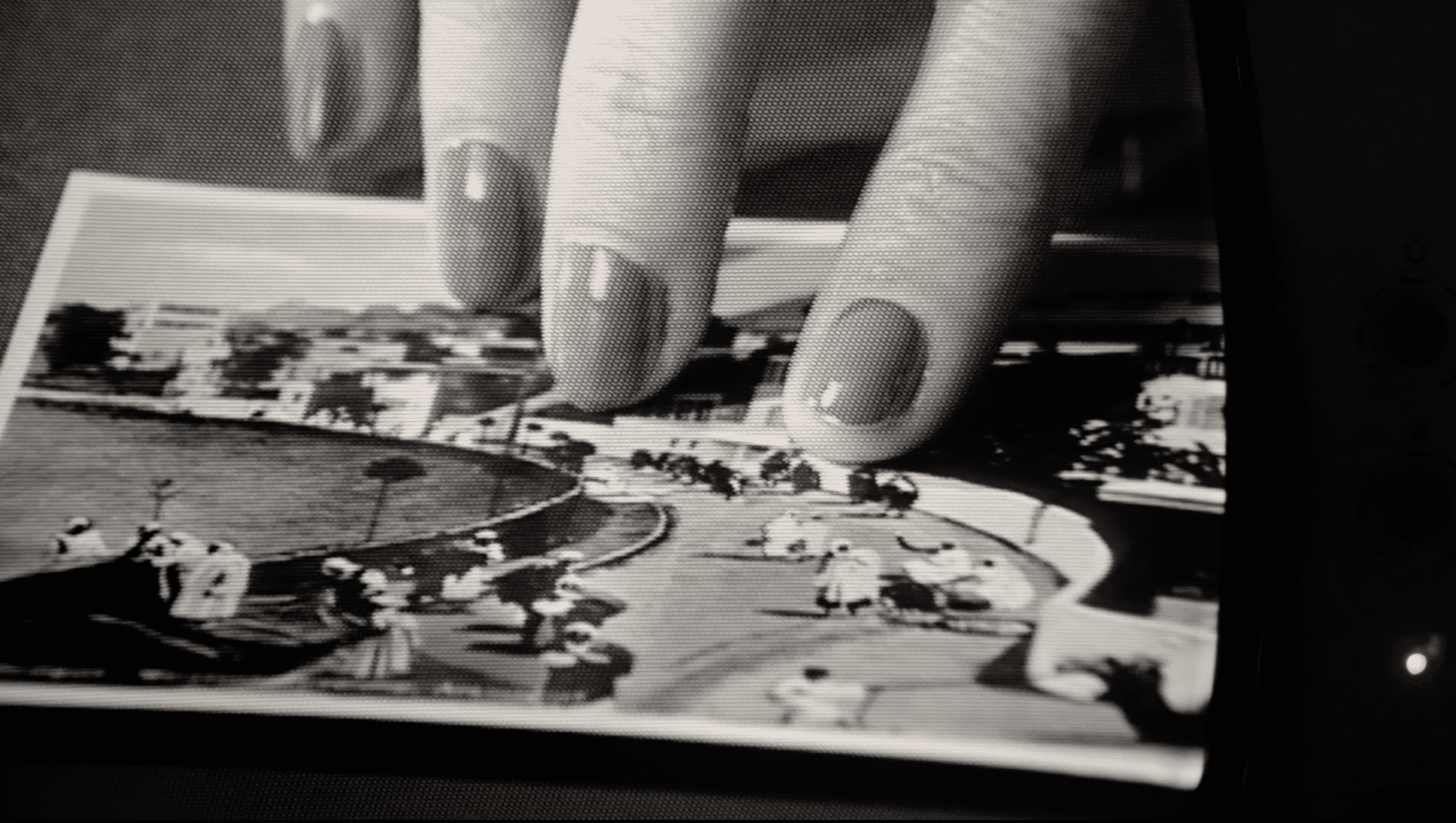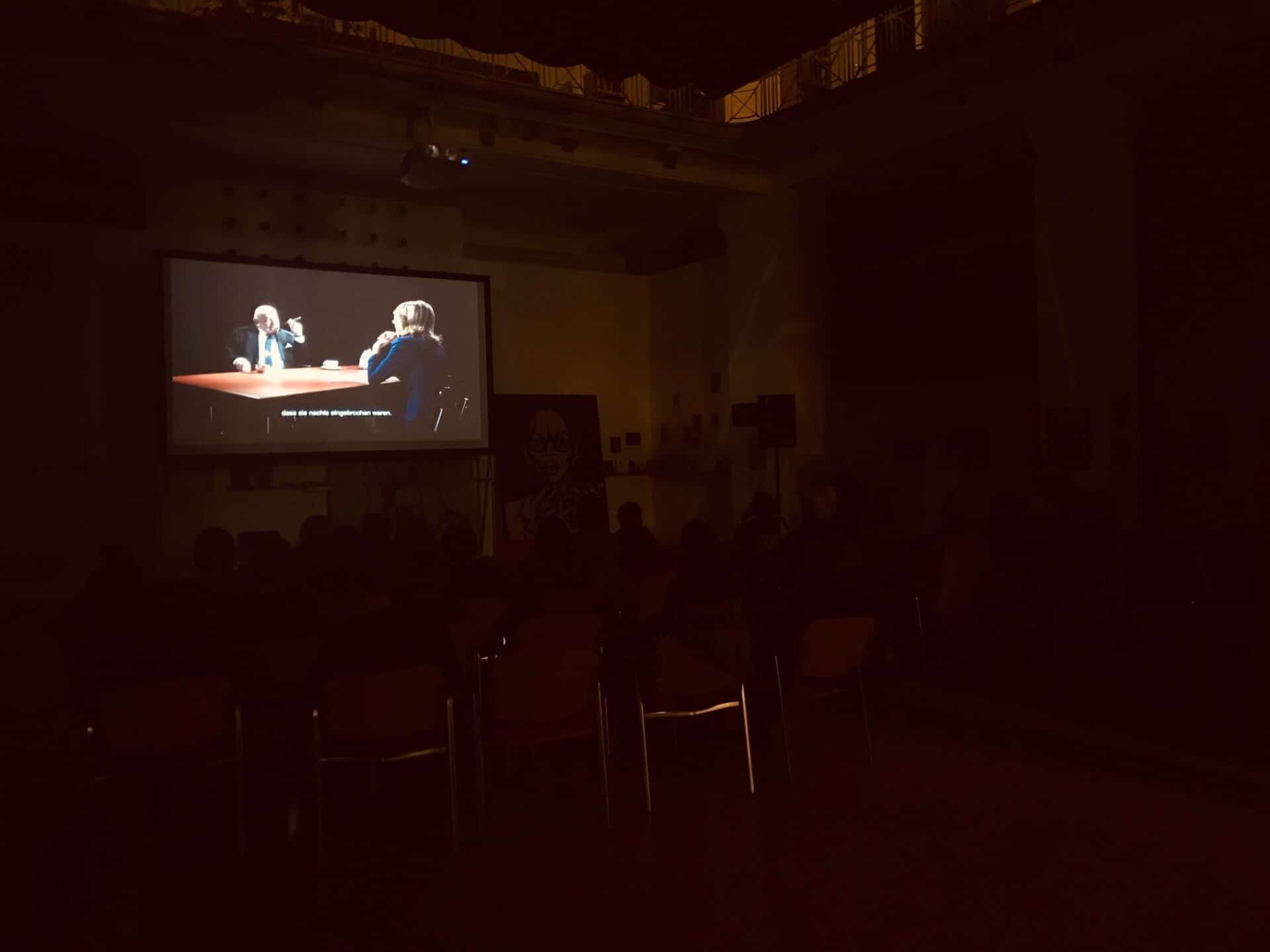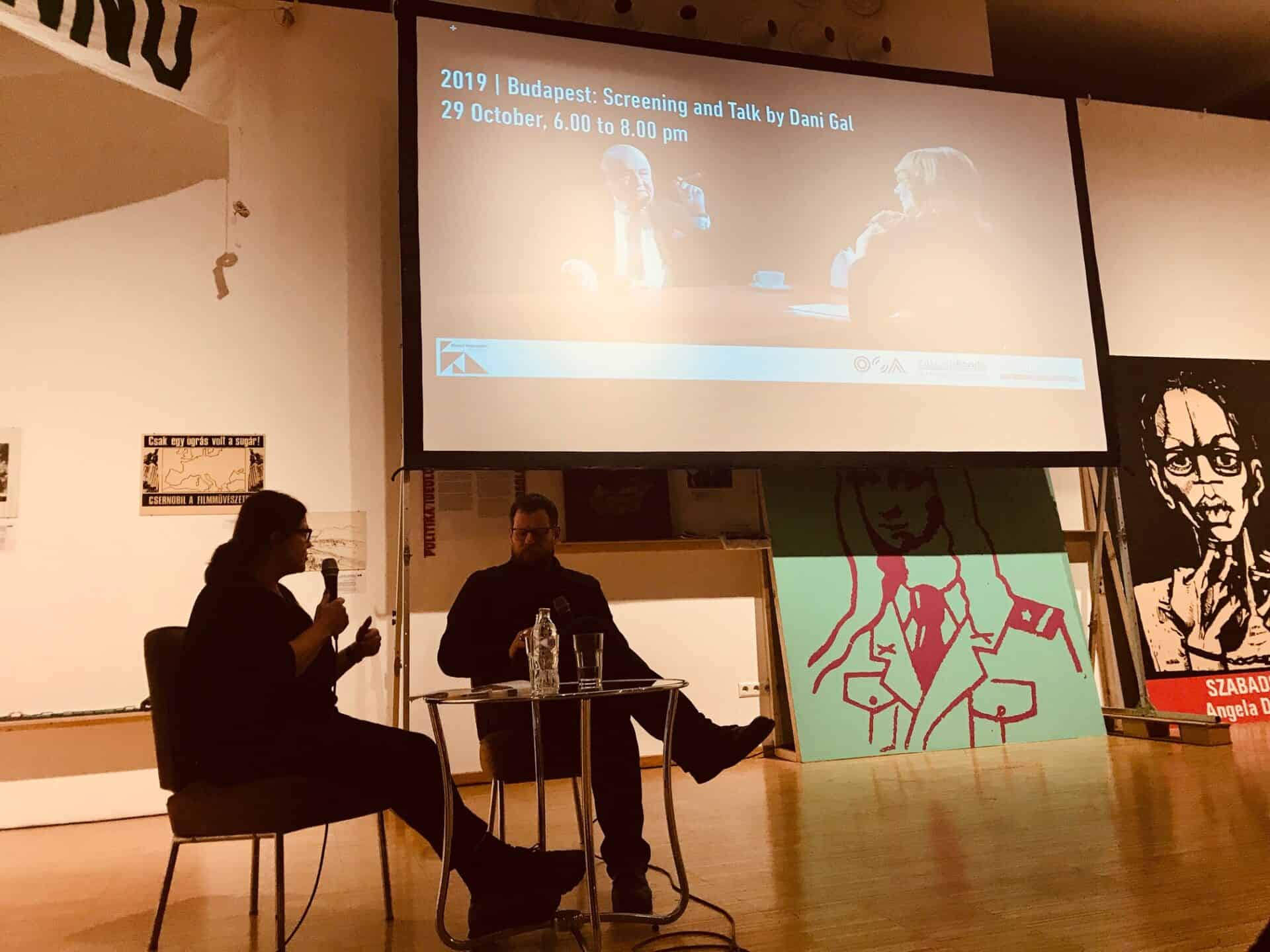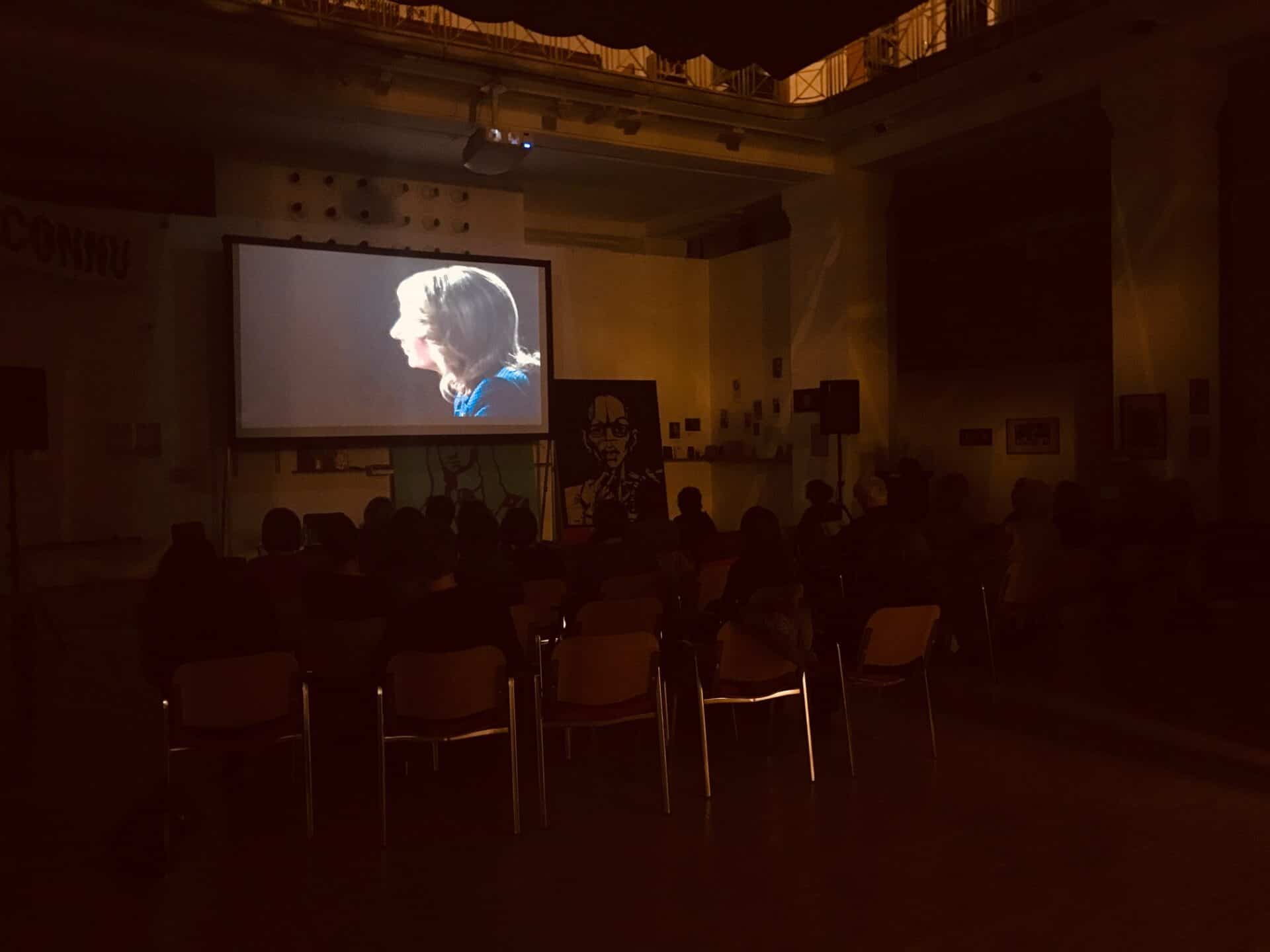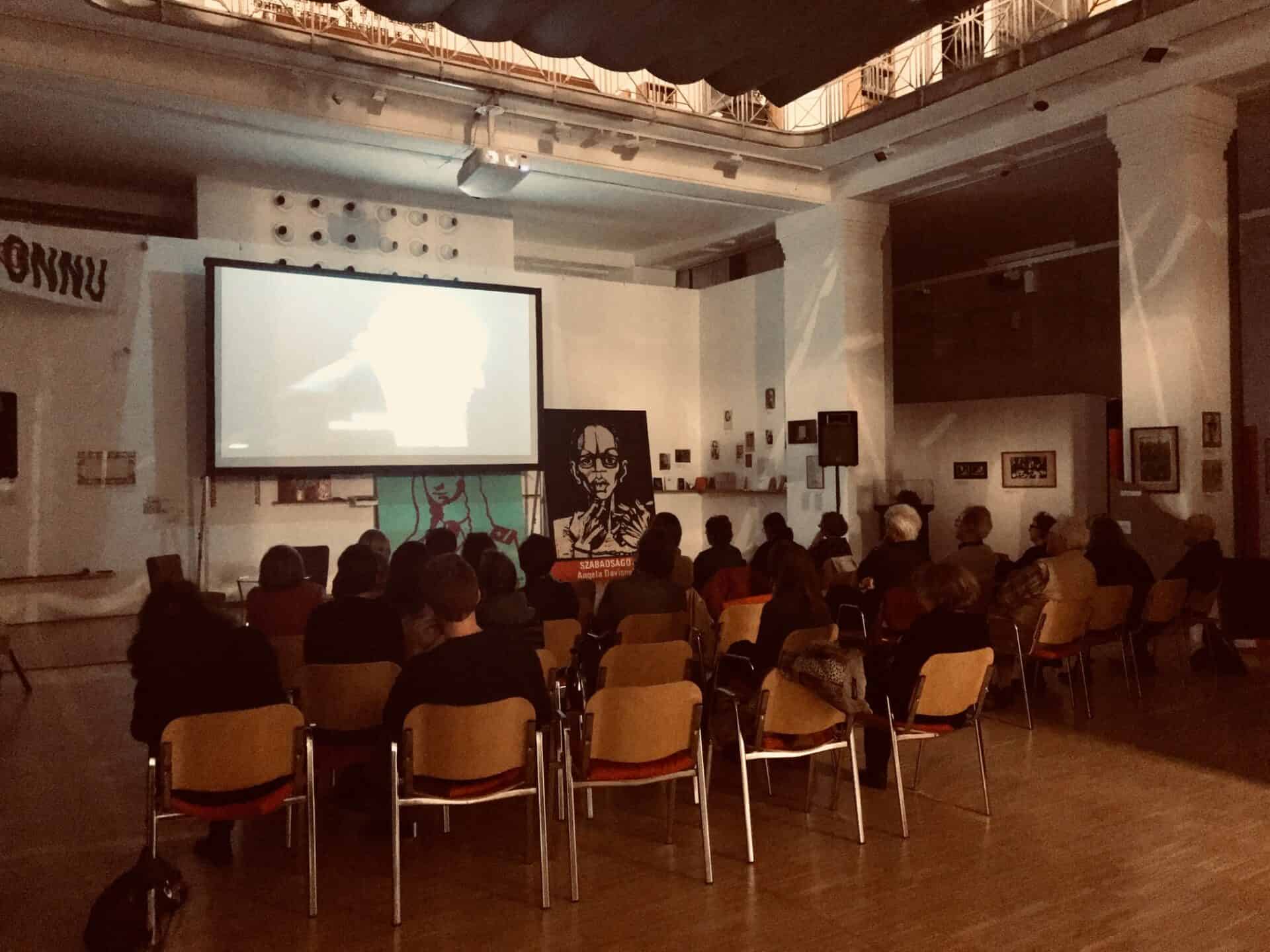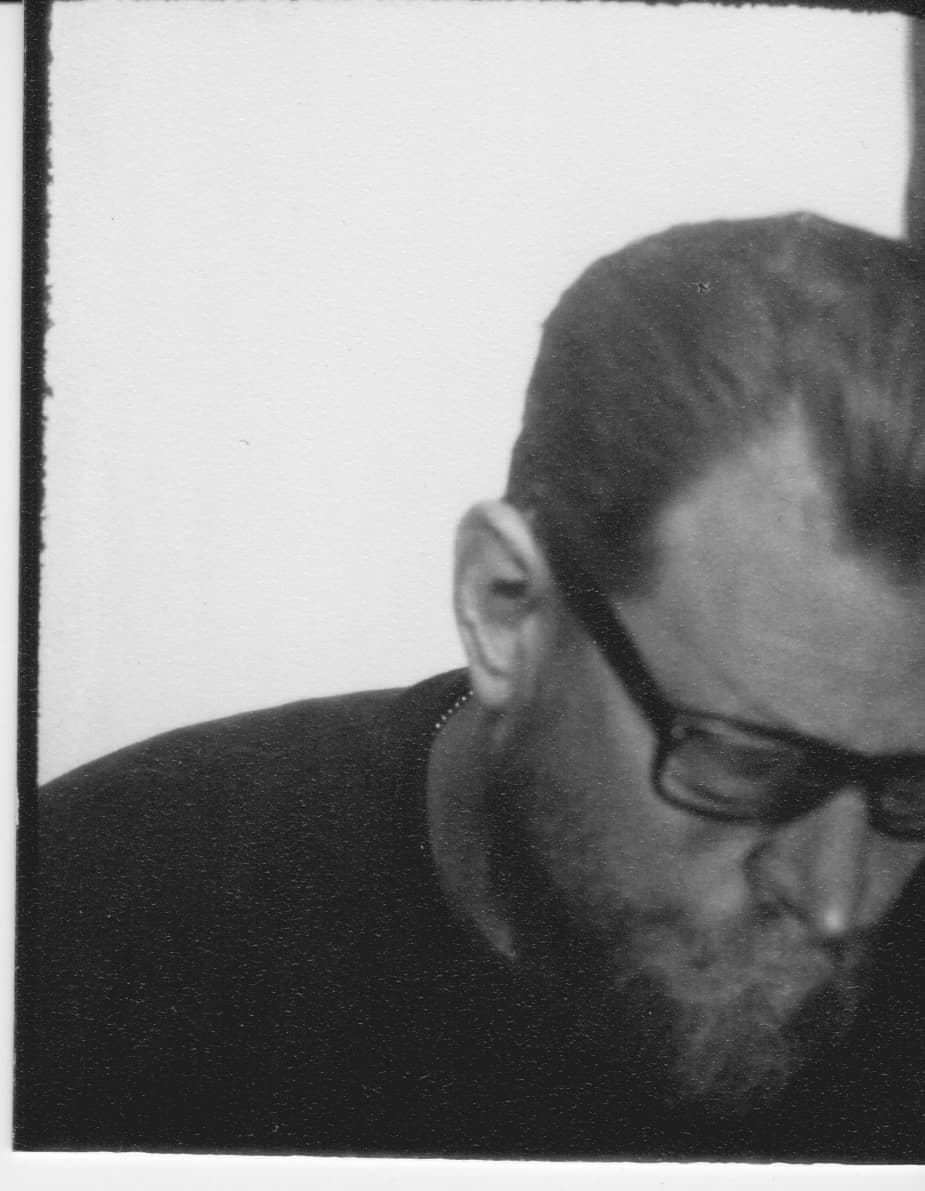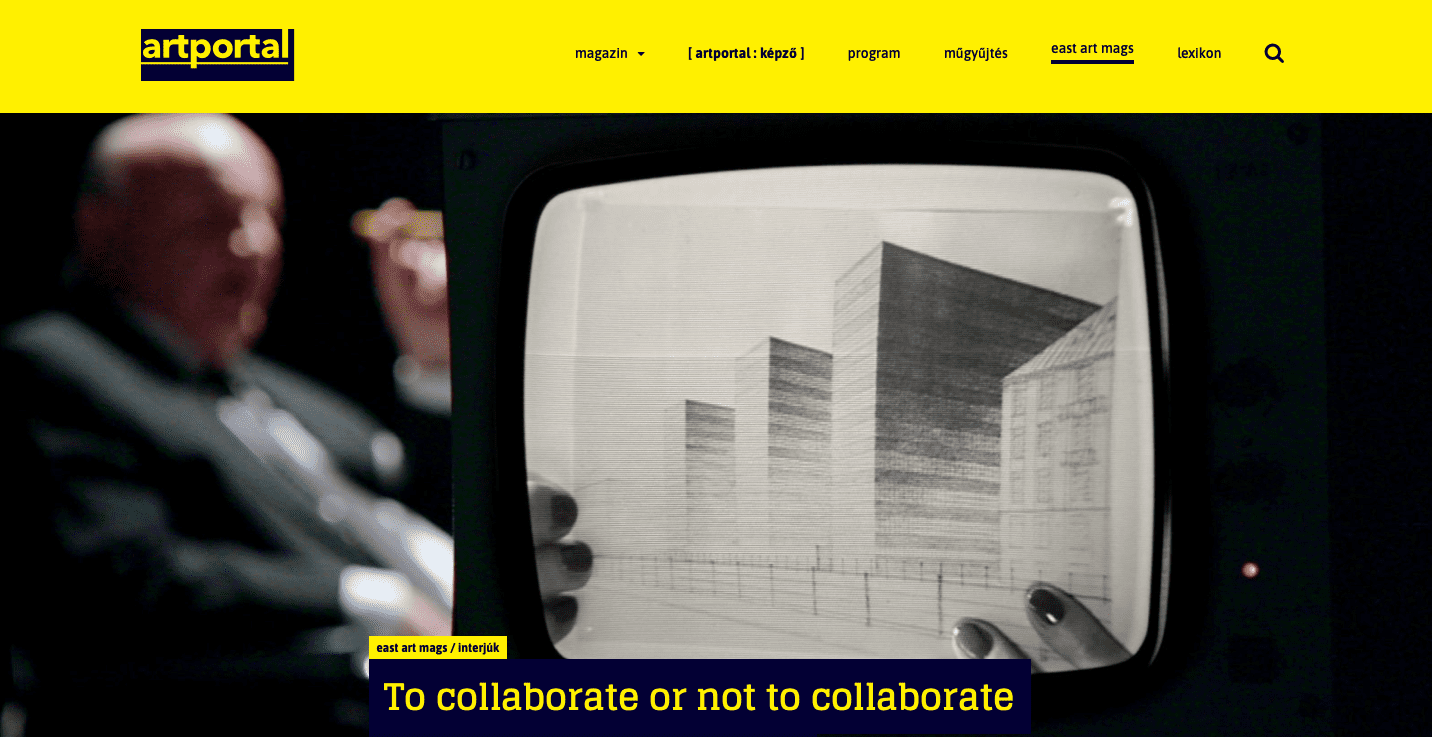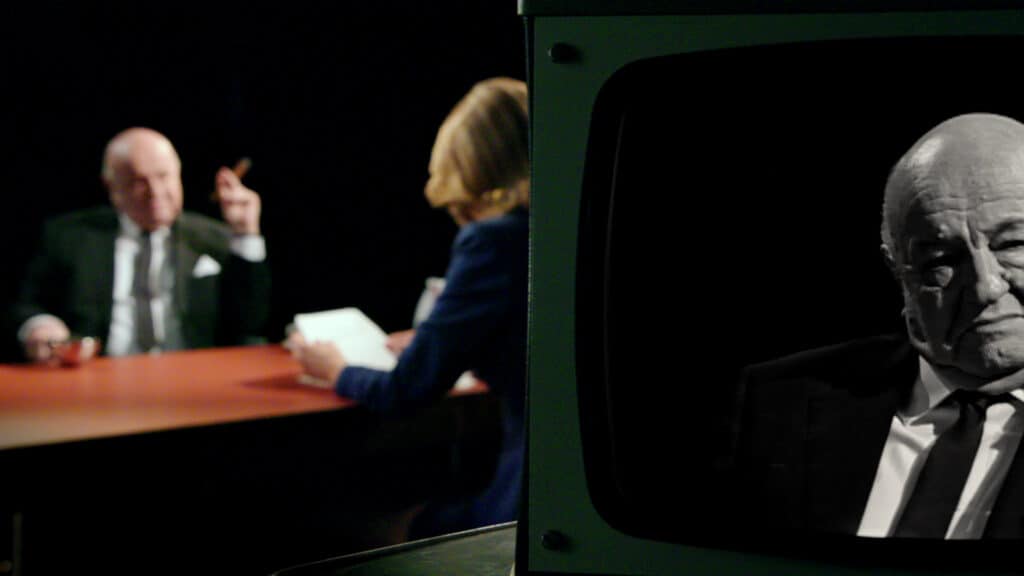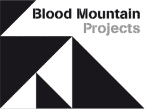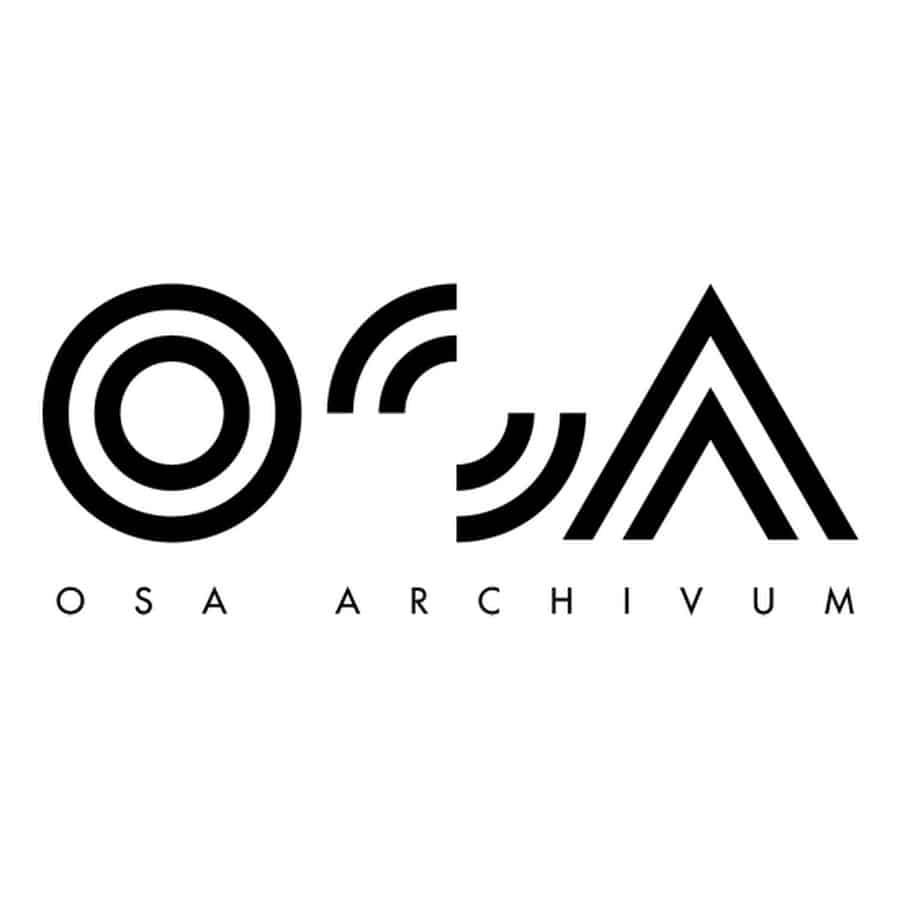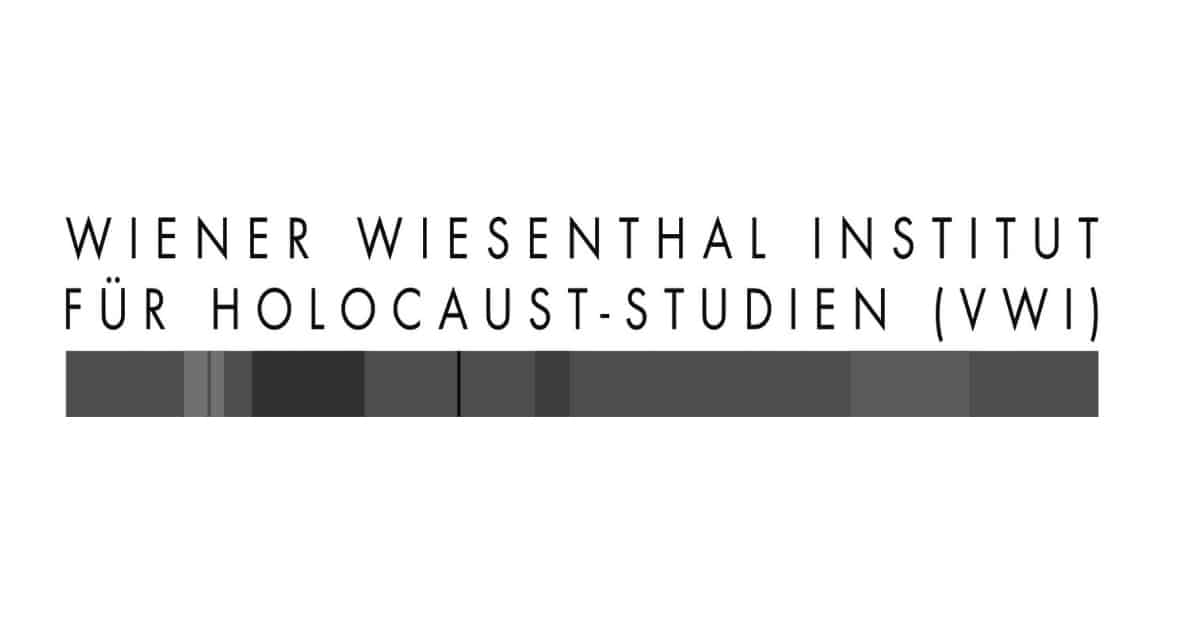Next – Project
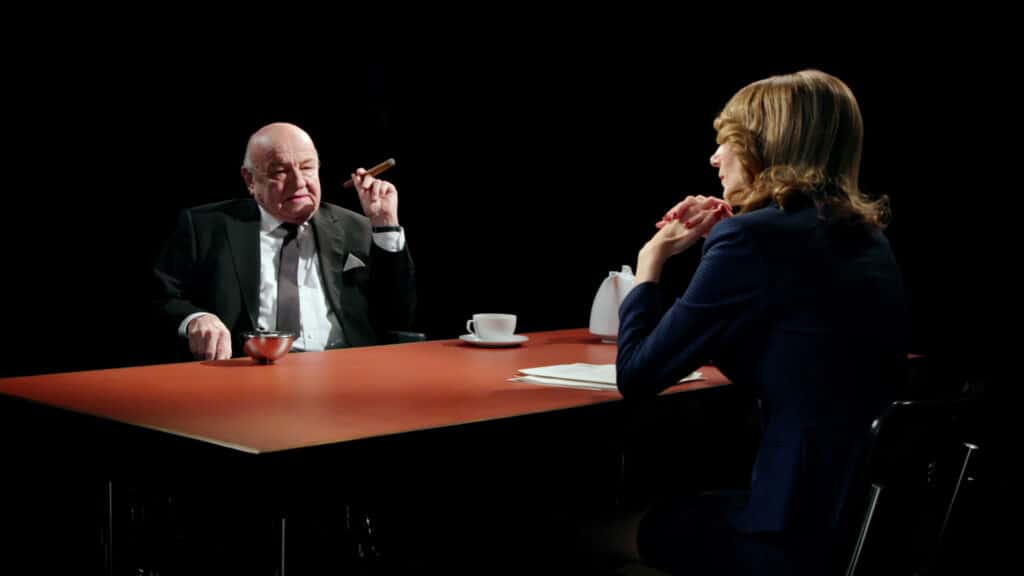
Fields of Neutrality: The Last Interview with Ludwig Mies van der Rohe
Screening: 15 November 2019
Venue: Vera and Donald Blinken Open Society Archives, Budapest Hungary
Format: Film screening followed by public discussion
Host: Katalin Székely, Creative Programme Office, Open Society Archives, Central European University
Chairperson: Prof. Hedvig Turai, art historian and critic
Since 2011 Dani Gal utilises cinematic tools to illuminate the undocumented aspects of historical events: of what can be seen as the missing parts of the story. By staging what he terms the “blind spots” of historical knowledge, Gal questions the epistemological gaps between historical “truth” and the interpretation of events from a historical perspective. His research examines how history and memory hover between fact and fiction by navigating between recorded knowledge of events and subjective recollections of these events. The material he gleans points to a keen awareness of the problematic nature of any representation of real events and the process of inclusion and exclusion that goes into re-imagining the past.
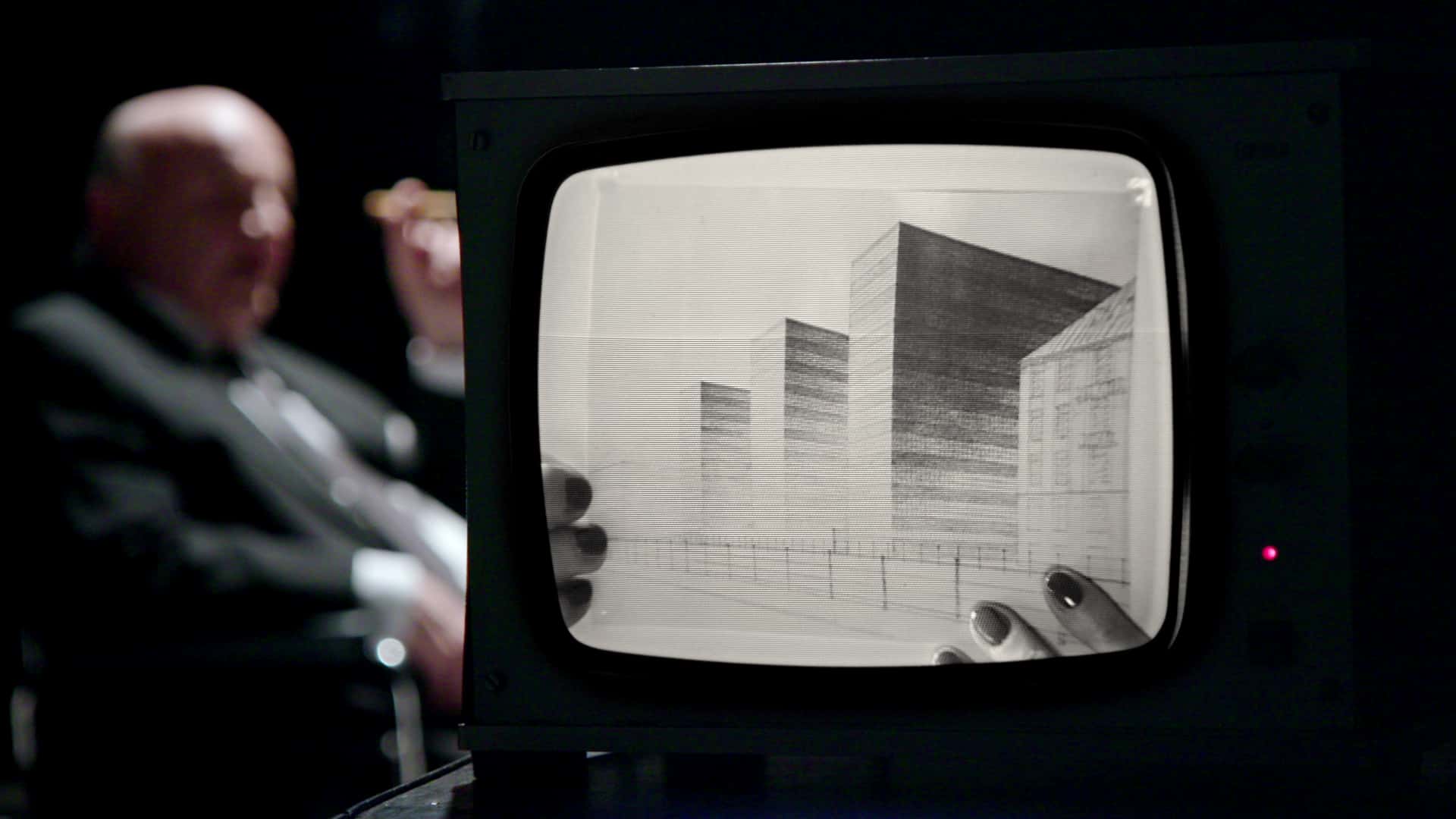
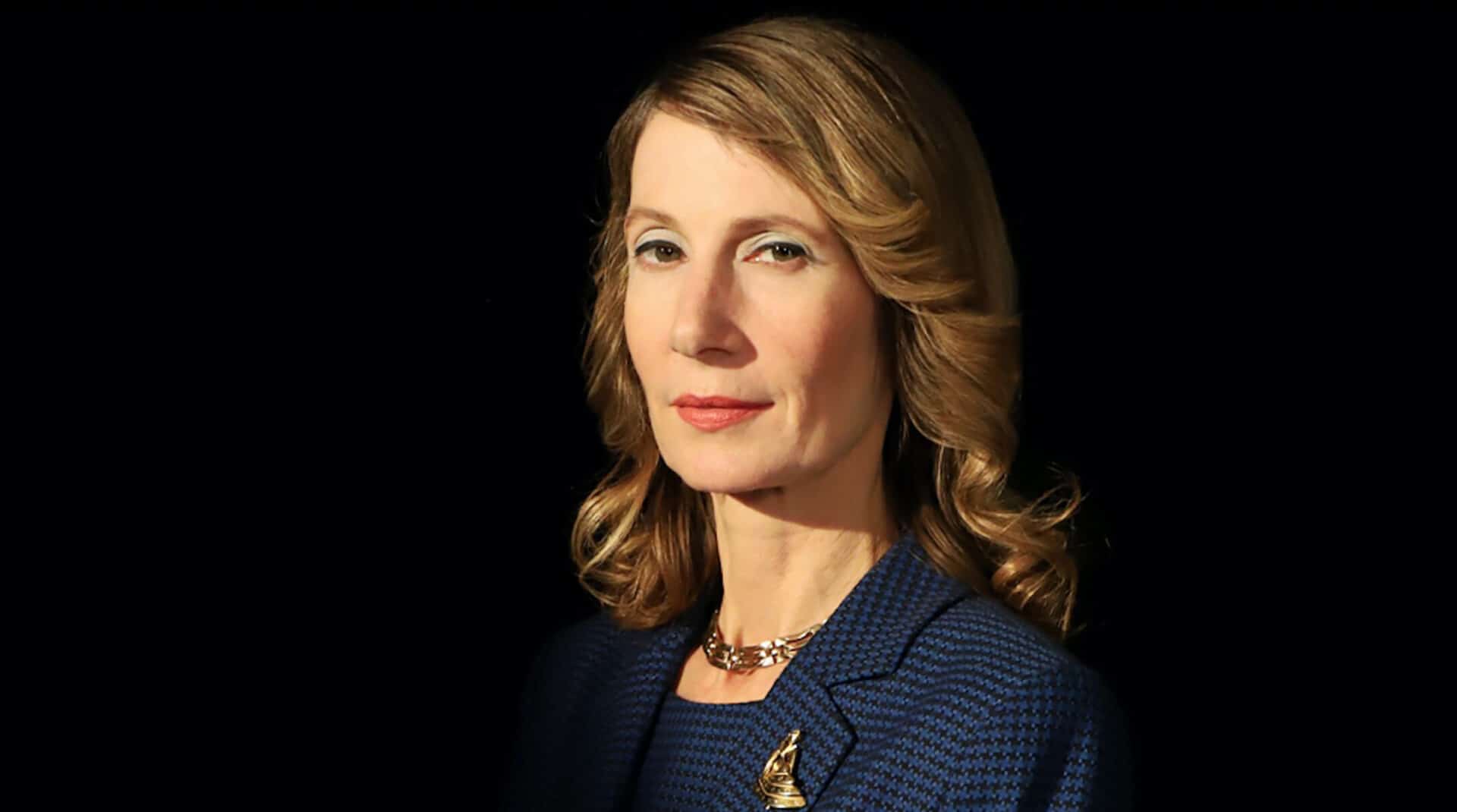
About the Film
Fields of Neutrality (32 mins, HD), 2019
Commissioned by Staatsgalerie Stuttgart on the occasion of the Bauhaus centennial, this staged television-style interview with Ludwig Mies Van Der Rohe depicts the architect late in his life, confronted with his time as the final Bauhaus director, and his refusal to take a political stance amid pressure from the newly established Nazi government and communist students. The interviewer confronts Mies about his unwillingness to take a political position amid pressure both from communist students and the newly established Nazi government. Focusing on the events that led to the closure of the Bauhaus by the Gestapo in 1933, including Mies’s meeting with Alfred Rosenberg, his meeting with a young Gestapo officer in an attempt to keep the Bauhaus open under the Nazi regime, and his interest to continue his practice in Germany, the film questions cultural notions of modern architecture as an aesthetic reflection of progressive humanistic values. By examining the nature of the relationship between Mies and the Nazis, insight is gained not only into the climate of the last days of the Bauhaus and its clash with fascist forces, but also into historic and contemporary principles of morality.
Camera: Itay Marom
Production: Dani Gal and Caroline Kirberg
Art Director: Merle Vorwald
With: Megan Gay and Walter Gontermann
Commissioner: Staatsgalerie Stuttgart
The Event:
